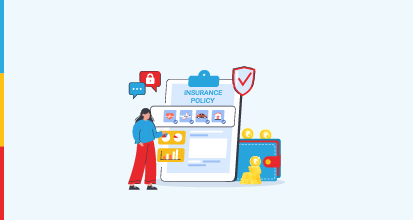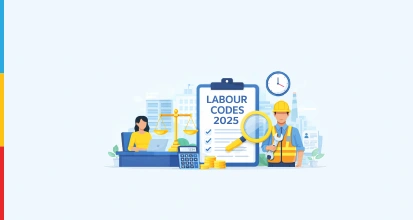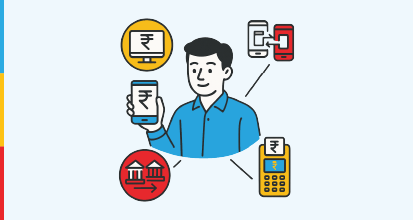- Emergency Fund: An emergency fund is money you set aside to meet unexpected circumstances.
- Mutual Fund: It is an investment instrument that pools resources and invests in various securities such as stocks, bonds, equities etc.
- Budgeting: It is the process of planning, how you manage your finances.
- Personal Finance Management: It is the process of managing your personal finances.
- SIP: It is a way of investing in mutual funds by allocating a certain amount at regular intervals.
2025-04-30
110 Views
4 minutes read
Share














